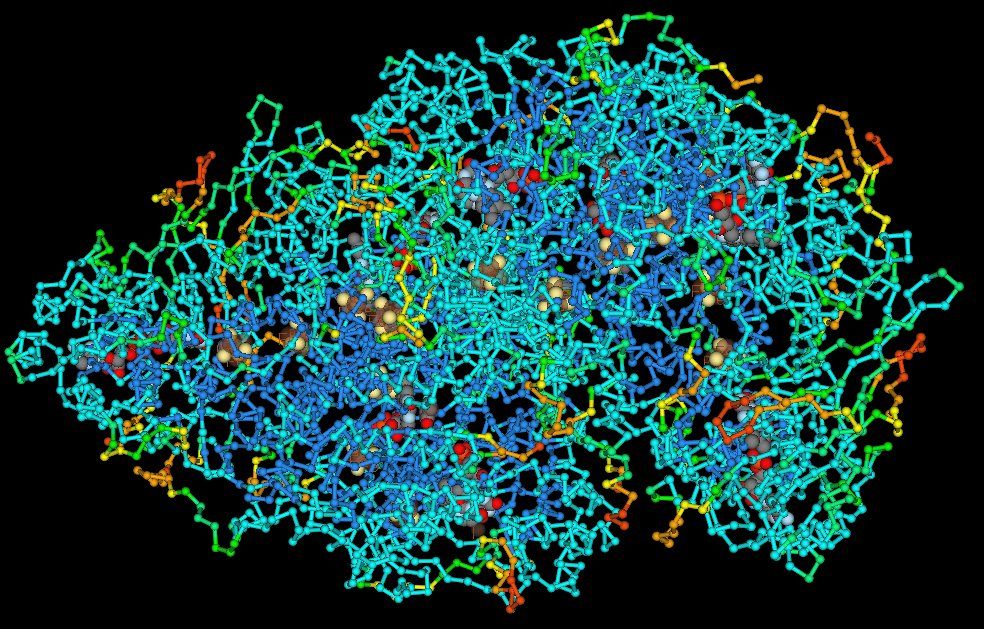High-Performance Polymers: Advanced Materials for Market
High-Performance Polymers: Advanced Materials for Market
Blog Article
Exploring the Varied Applications and Advantages of Polymers in Different Industries
Polymers, with their varied array of buildings and performances, have ended up being crucial in various industries, each reaping unique take advantage of their application. Polymers. From enhancing safety and performance in the automobile industry to transforming medical devices in the healthcare industry, polymers play a pivotal function. Their environment-friendly nature is changing the landscape of sustainability methods. As we look into the midsts of polymers in electronics, we uncover advanced developments, while their architectural honesty changes the realm of construction and framework. The prevalent influence of polymers throughout sectors is a testament to their versatility and flexibility, shaping the future of countless fields.
Automotive Industry Applications
Polymers play a pivotal function in enhancing the efficiency and toughness of various parts within the automobile sector. These functional products are thoroughly used in the manufacturing of various parts, ranging from interior parts to under-the-hood applications. One popular use polymers in the automotive sector remains in the production of light-weight parts. By replacing standard metal components with polymer-based alternatives, lorries can achieve enhanced gas effectiveness without endangering on strength or security.

Health Care Market Advantages
In different medical care applications, the benefits of making use of polymers are extensively identified for their varied array of valuable residential properties. Polymers play a crucial role in the health care industry due to their versatility, biocompatibility, and cost-effectiveness. One of the primary benefits of polymers in medical care is their capacity to be customized to certain demands, such as versatility, toughness, and biodegradability, making them excellent for a vast array of clinical applications.
Polymer-based materials are extensively used in clinical tools, such as catheters, implants, prosthetics, and medication shipment systems, because of their biocompatibility and ability to mimic all-natural tissues. These materials can reduce the threat of allergies or rejections, enhancing person safety and security and results. Furthermore, polymers are lightweight, making them ideal for wearable medical devices and ensuring person comfort.
Furthermore, polymers allow the advancement of cutting-edge treatment approaches, such as hydrogels for tissue engineering and nanocomposites for targeted medicine shipment. Their simplicity of handling and sanitation makes them vital for maintaining high requirements of health in health care setups. In general, the varied advantages of polymers contribute significantly to improvements in clinical technology and person care.
Environmental Benefits of Polymers

Additionally, polymers can contribute to energy cost savings because of their light-weight nature. In sectors such as transport, light-weight polymer products can aid reduce fuel consumption and greenhouse gas emissions. Additionally, polymers can enable the growth of energy-efficient products such as insulation materials that enhance power preservation in buildings.
Additionally, polymers play a critical function in lowering water air pollution. For instance, using polymer-based filtering systems can efficiently remove toxins and pollutants from wastewater, securing water resources and communities. Overall, the ecological advantages of polymers make them useful possessions in advertising sustainability and environment-friendly methods across different sectors.
Polymers in Electronic Devices and Technology
Considering the increasing need for cutting-edge and sustainable remedies in contemporary sectors, the integration of innovative polymer innovations in the realm of electronic devices and innovation has arised as a pivotal approach for driving effectiveness and efficiency. Polymers have reinvented the electronics market by enabling the manufacturing of lighter, much more adaptable, and sturdy electronic tools. From smartphones to medical gadgets, polymers play an important function in improving product style and functionality.
One significant benefit of polymers in electronic devices is their protecting buildings, which assist shield delicate electronic parts from ecological variables and electric interference. Furthermore, polymers are vital in the advancement of adaptable displays, wearable innovation, and published electronics, using endless opportunities for producing clever and interconnected tools.
Furthermore, using polymers in digital product packaging has actually caused advancements in miniaturization and look at this website thermal administration, improving the overall performance and dependability of digital systems. As modern technology proceeds to evolve, the adaptability and flexibility of polymers will certainly drive even more advancement in the electronic devices sector, shaping the future of innovation.
Duty of Polymers in Building And Construction and Framework
Polymers use countless benefits in the building industry due to their convenience, longevity, and cost-effectiveness. One crucial function of polymers in building and construction is their use in layers and sealers, offering defense against environmental aspects such as wetness, UV radiation, and deterioration.
Additionally, polymers play an important role in lasting construction techniques by allowing the growth of energy-efficient frameworks. Insulating products made from polymers aid control interior temperatures, lowering the requirement for home heating and cooling down systems and eventually decreasing energy intake. The usage of polymer-based composites in facilities projects such as bridges and roads boosts their long life and lowers maintenance expenses. On the whole, the consolidation of polymers in building and construction and infrastructure showcases their substantial effect on modern design techniques.
Conclusion
In conclusion, polymers play a crucial duty in numerous sectors such as auto, health care, environmental, electronics, and construction. From boosting gas effectiveness in cars to you can look here enhancing clinical gadgets, polymers offer countless benefits.
Report this page